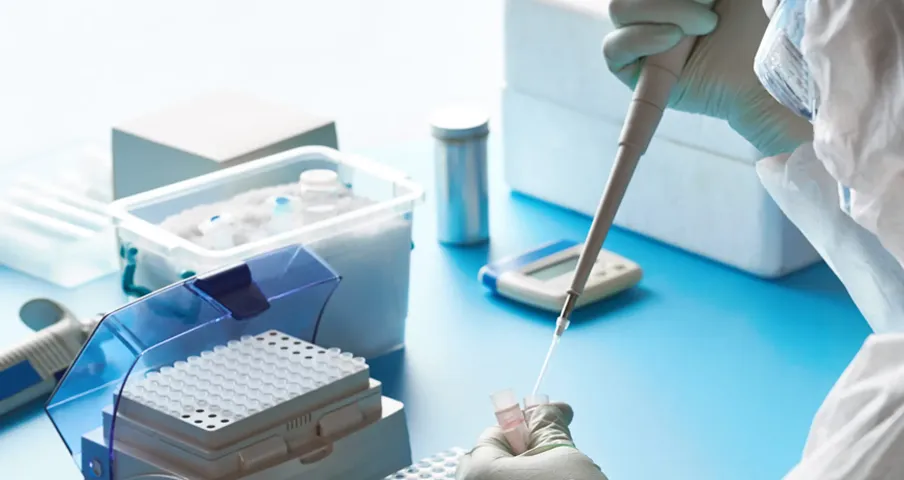Service Category
Serology
A serology service is a medical specialty that deals with the identification and measurement of antibodies and antigens in the blood. Serology plays an important role in the diagnosis and treatment of infectious diseases, autoimmune disorders, and some types of cancer.
A serology service typically includes a team of healthcare professionals who are specialized in the study of blood serum and the analysis of antibodies and antigens. This team may include immunologists, laboratory technicians, and nurses.
Here are some key services that a serology service may offer:
Diagnostic Testing: A serology service provides diagnostic testing for a wide range of conditions, including infectious diseases, autoimmune disorders, and some types of cancer. This may involve the use of laboratory techniques such as enzyme-linked immunosorbent assay (ELISA) and immunofluorescence.
Antibody Identification: A serology service may help identify specific antibodies in a patient’s blood serum. This can be useful in the diagnosis of various conditions, including infectious diseases, autoimmune disorders, and some types of cancer.
Antigen Identification: A serology service may help identify specific antigens in a patient’s blood serum. This can be useful in the diagnosis of various conditions, including infectious diseases, autoimmune disorders, and some types of cancer.
Public Health Surveillance:A serology service may play an important role in public health surveillance by monitoring the prevalence of infectious diseases and other conditions in a population.
In summary, a serology service is an essential component of modern healthcare, providing diagnostic testing, antibody and antigen identification, transfusion services, public health surveillance, and research and development related to the diagnosis and treatment of a wide range of conditions. By offering a range of services, a serology service can help improve patient outcomes and public health.



